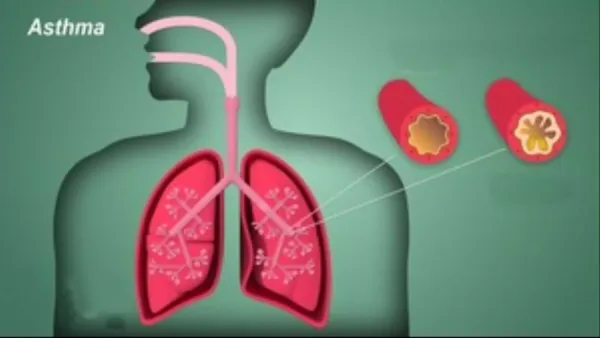
NEW DELHI New Delhi: There is a need for better diagnostic tools and tools to bridge the gap in care for severe asthma patients, especially those with T-helper cell type 2 (T2)-deficient asthma, according to a report on Friday. There is an urgent need for targeted therapies, a subtype that lacks specific inflammatory biomarkers. T2-low asthma presents unique challenges due to the absence of eosinophils and immunoglobulin E (IgE), which Complicating both diagnosis and treatment. And currently available treatments focus primarily on eosinophilic and allergic inflammation. This leaves patients with non-eosinophilic or neutrophilic asthma with limited options.
The report from data and analytics company GlobalData showed that T2-high asthma has benefited from targeted biological therapies, but T2-low asthma is still largely neglected. “The current treatment landscape for severe asthma made significant progress is, especially for T2-high asthma. However, T2-low asthma is still largely under-researched and under-treated. “There is an urgent need for both reliable biomarkers and treatments targeting this neglected subgroup of asthma patients,” said Shravani Meka, senior pharmaceutical analyst at GlobalData.
Meka praised emerging treatments, but he called for more research and development to help people with T2-high asthma. They also highlighted the need to develop new diagnostic tools that help differentiate T2-low asthma from other types of asthma. People with T2-high asthma are often undiagnosed or misdiagnosed, resulting in delayed and inadequate treatment.
The report notes that despite the availability of biologics, many patients struggle with inhaler technology, high medication costs, and inconsistent use, resulting in poor asthma control and suboptimal treatment outcomes. Urges to address education and improve access to treatments to enhance asthma control.”To truly address the needs of T2-low asthma patients, improvements in diagnosis, developing targeted treatments, and access to care are needed. ensure better access “Only then can we achieve significant improvements in asthma management for all patients, regardless of their asthma subtype,” Meka said.